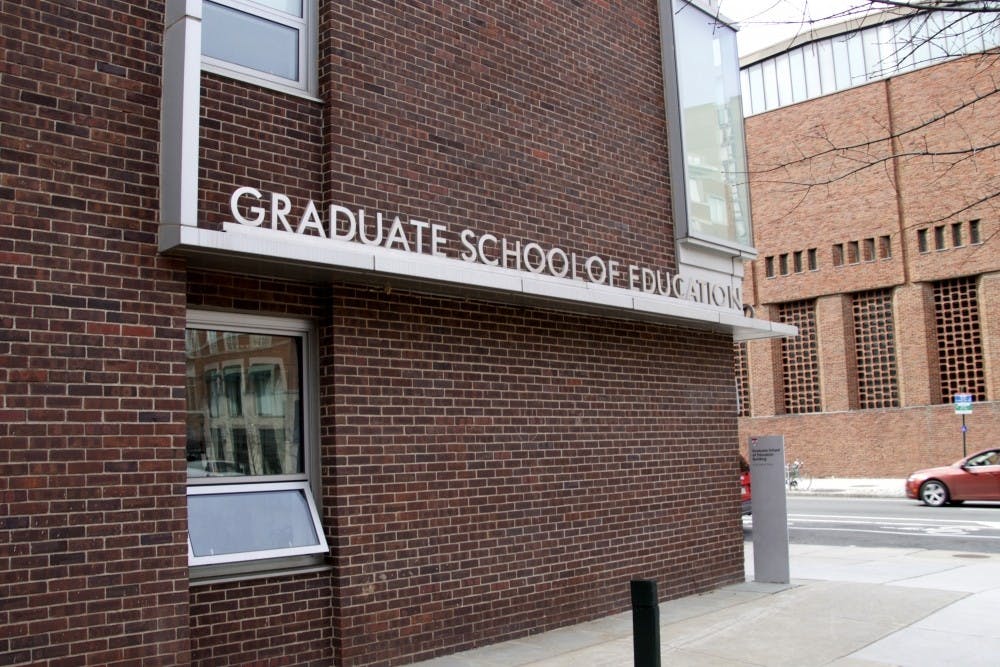
When police-involved shootings of black men and shootings of police officers in Dallas, Texas, and Baton Rouge, La. are shown constantly in the news and on social media, parents can feel conflicted. They might want to protect their children from exposure to these graphic events while also wanting to teach them about moral issues.
Clinical psychologist at Penn’s Graduate School of Education Howard Stevenson said he believes parents need to have the difficult conversations with their children about race and social justice.
“Parents talking about these issues will help children with their questions and queries,” he said. “More talking is always better.” It helps answer questions like: What am I supposed to say? What did I actually see? How I am feeling?”
Stevenson works with educators and families to help them understand the emotions that racial events can bring about, and how to lessen the effects of the stress they might feel on their health and wellbeing. His research has found elementary children are aware of racial attitudes and that talking about injustice helps children make sense of things that do not go right in the world.
According to the Journal of Personality and Social Psychology, black boys as young as 10 may not be viewed in the same light of childhood innocence as their white peers. Instead, black boys are more likely to be mistaken as older, be perceived as guilty and face police violence if accused of a crime.
“What we know, that with children of color, it affects how they perceive themselves, their self worth, how much voice they have in the classroom and how confident they feel,” Stevenson said. “So the benefit of having these difficult conversations with children is so that children do not internalize that they are inferior or that there is something wrong with them.”
These conversations about racial issues in the United States can help children ask questions, have open discussions and solve problems as adults.
“Most adults, especially white Americans, do not know what to do or say when it comes to a racial moment or event,” Stevenson said. “Silence is often the most common coping strategy for adults. You might not say anything in these situations in order to not upset anyone, but you also do it to protect yourself. We think that is unacceptable for social justice. People need to learn to speak up in order to protect people.”
Stevenson published a book titled “Promoting Racial Literacy: Differences That Make a Difference,” which discusses how educators emotionally settle racially stressful encounters that reflect racial profiling and undermine student emotional wellbeing and academic achievement in the classroom.
“Teachers have to examine their own skill sets and biases about how much experience, exposure and knowledge one has about racial issues and institutional racism,” Stevenson said. “Once we figure this out, teachers need to accept that they teach students from all different backgrounds with very different experiences and they need to try meet the needs of students of color.”
The Daily Pennsylvanian is an independent, student-run newspaper. Please consider making a donation to support the coverage that shapes the University. Your generosity ensures a future of strong journalism at Penn.
DonatePlease note All comments are eligible for publication in The Daily Pennsylvanian.





